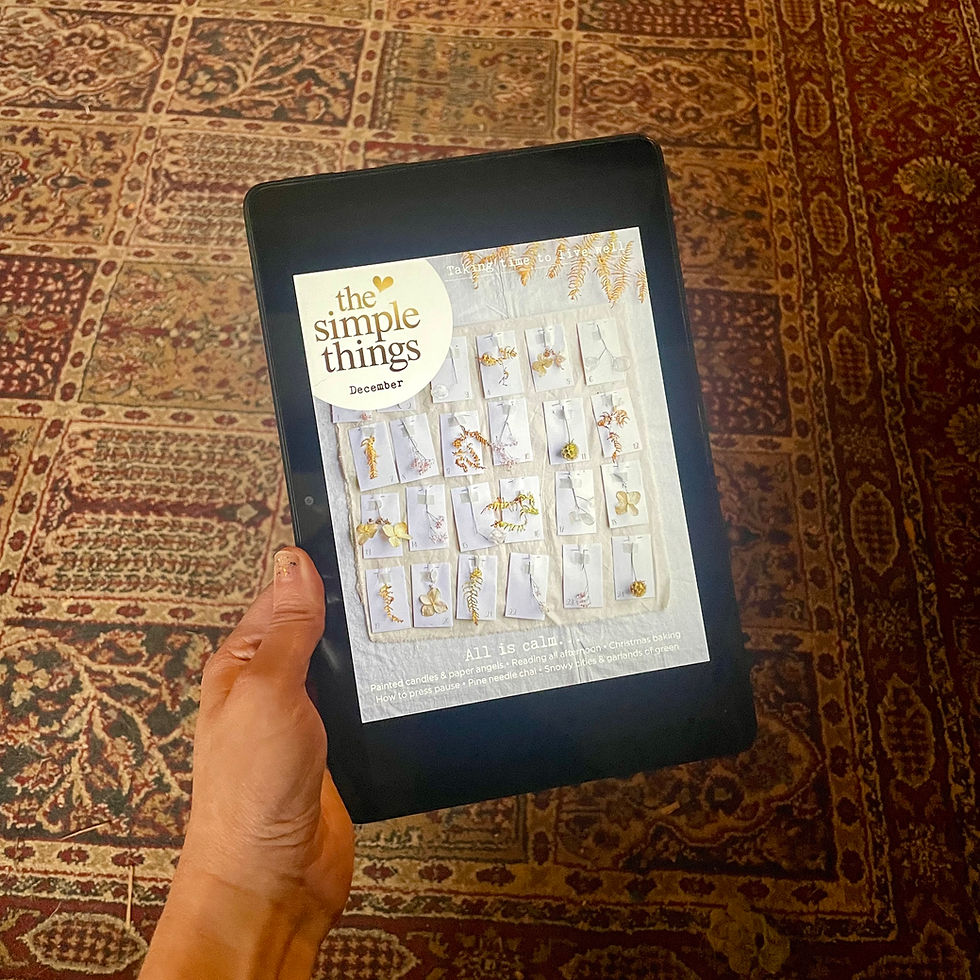A little something about @somethingaboutfinley
- hello@makingroots.co.uk

- Dec 3, 2017
- 3 min read
Updated: Apr 5, 2020
We found @somethingaboutfinley a little while back on our browse function on Instagram. Our Instagram feed is jam packed with amazing and passionate environmentalists, teaching the wider audience about what they are doing and how the general public should be helping too. We LOVE seeing the amazing things going on in the world and we're so grateful to everyone who is doing their bit.
There is obviously a great seriousness to the business of a rapidly disappearing ecosystem and species. But sometimes even we feel preached at. Then we spotted @somethingaboutfinley and straight away knew that these fantastic ladies are really onto something special. We are super excited about what they are doing and the refreshing and engaging tone that their Instagram brings into the Insta feeds. We're pretty sure that they are going to do great things, and we're happy to champion their work. So, we asked them to write a bit about what they do, and why they do it.. Enjoy.

Hey there! We’re Bri & Sara - PhD Candidates in conservation psychology, and co-creators of @somethingaboutfinley. Our shark love-child, Finley, is our platform for communicating science, for inspiring conservation action, for encouraging adventures/connecting people to nature, and for bringing a little humour (however terrible!) to people’s lives.
We often get asked ‘what is conservation psychology?’ so we thought we’d tell you a little bit about this area of enquiry, and about how our PhD experiences have led to Finley. Conservation psychology is not considered a ‘sub-discipline’ of psychology, but rather, a ‘field’ - the difference being that a ‘sub-discipline’ involves members that are trained with a shared epistemology (e.g., social psychology), while a ‘field’ encompasses people that have been trained in various disciplines, but collectively focus upon a common issue. As such, a network of scientists (e.g., conservation psychologists, ecologists) and practitioners (e.g., environmental educators, policy makers) affiliate themselves with conservation psychology. In response to ongoing environmental damage and biodiversity loss that is largely a result of human action, conservation psychology emerged as a field that applies key concepts and principles of psychology to environmental problems, with an aim to understand and promote human-nature connections, and inspire care for the natural environment. Research topics include but are not limited to: human experiences of nature (e.g., relationships with pets, effects of indoor plants); captive and non-captive wildlife tourism experiences (e.g., the conservation impact of eco-tourism); environmental identity; and the study of attitudes, values, and perceptions of/toward nature.
A combination of factors motivated us to purchase a shark suit and set up an Instagram page! We’ve been excellent procrastinators and nature-loving conservation-minded beings for many years now, but more recently (due in part to our PhD research) we’ve developed a love for the marine environment, and subsequently, the conservation of its inhabitants. Social media is already a key marketing tool for business, but it’s becoming an increasingly important platform for conservation education/science communication too. Rather than ‘preaching to the converted’ (which can sometimes happen on conservation-type social media pages), we saw an opportunity to apply our science communication skills and specialised knowledge in human behaviour, and do something a little bit different in the name of conservation (read: roam around in public dressed as a shark), which might appeal to a broader group of people with varying interests.
We want Finley’s followers (and whomever else stumbles upon his posts/page) to know that small behavioural changes can make a big impact, and that they should focus on the times they do make conscious eco-friendly behaviour choices, rather than the times they don’t. We acknowledge that reducing human impact on the environment requires a multi-faceted approach, and that consumer/individual-level behaviour change forms only one component of this task, but we think it’s really important that each person maintains confidence in their individual ability to make a difference.
Aside from spreading some serious conservation lovin’, @somethingaboutfinley is a fintastic excuse for us to get out of our (windowless!) office, enjoy nature, explore places we haven’t seen before, play with our drone, and take a much-deserved break from the less-exciting tasks of academia (read: hours of thematic analysis and assignment marking).
We hope you love scrolling Finley’s feed as much as we love creating it!
Head over to their Instagram feed by clicking HERE.
If you're doing amazing work and would also like to be featured, contact us at hello@makingroots.co.uk, we would love to hear from you!







Comments